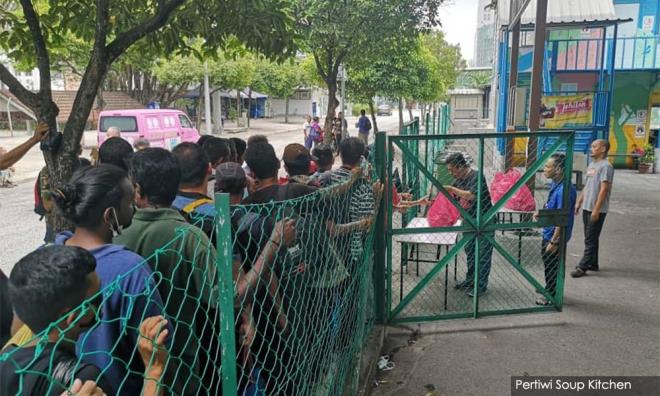
The coronavirus pandemic has severely disrupted ordinary life. It has created fear and panic everywhere, causing many governments to impose lockdowns. Economies have stalled. Millions of jobs were lost. Tens of thousands of businesses face permanent closure. Economies of nations have contracted.
A crisis like this often reveals deep fissures within societies. It throws into stark relief the divide between those who have excess wealth and those who are poor. It shows how wealth is concentrated in the hands of the very few. Sometimes this wealth division may take on a racial aspect.
In the United States, a disproportionate number of fatalities occur among those from the African American community. That clearly is because there is more poverty among them and their access to medical care is limited.
Recent events also show the deep bias in the police force against African Americans. We should learn something from what we observe taking place in the United States. We should eliminate racial prejudice from our hearts.
The pandemic also shows how dependent all societies are on essential workers. They are the frontliners – health workers, policemen, firefighters, teachers and those involved in the distribution of essential supplies like food and medical supplies. We need them. We applaud them and call them heroes, but we do not pay them enough. Should this not change?
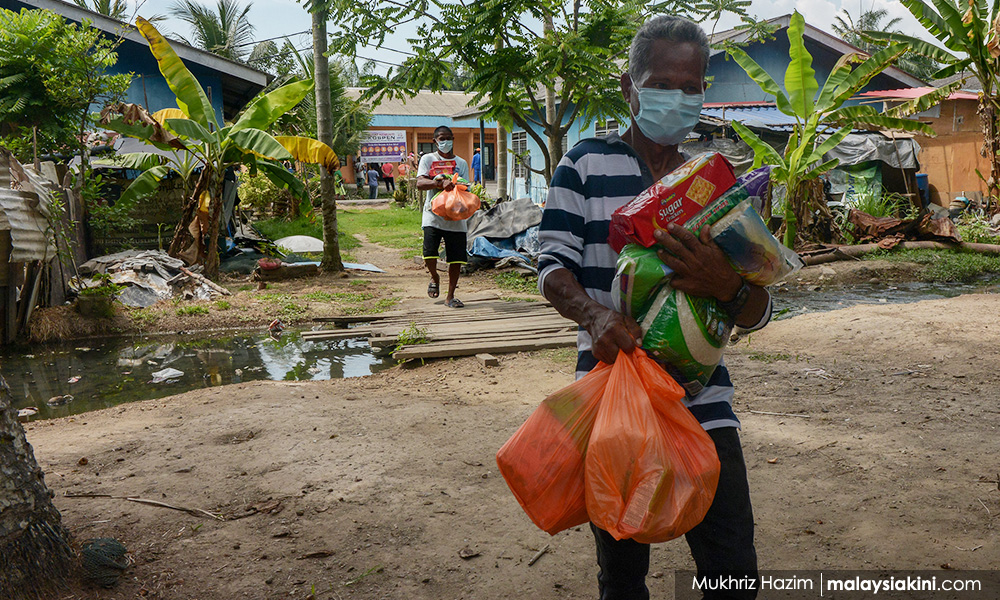
Feeding the poor during the lockdown was a major challenge. Without the work of volunteers and charitable organisations and without the generous donations and contributions of tens of thousands of Malaysians, that would not have been possible. Love, compassion, and empathy provide the glue that holds society together and that was evident among the people of Malaysia, despite our very divisive and hateful politics of race. People of all races came together, transcending racial divisions and boundaries. Should our politicians not learn some lessons from this?
Now all nations, including Malaysia, have begun to lift the lockdown. Some are moving faster than others. There is still no vaccine or cure. There are some experts who think that a vaccine for the virus may never be found.
It is possible therefore that the way we live, work, learn, socialise and play will be altered permanently. Social distancing will be a permanent feature of our existence. We will wear masks when we go out and will not touch, kiss, or shake hands with non-family members, and we will wash our hands frequently and use sanitisers every chance we get. If we are ill, we will stay at home. Online shopping will fast become the thing to do for those who can afford it and food banks and soup kitchens will become commonplace.
During the lockdown, many families were separated from each other. Grandparents were not allowed to contact with grandchildren. And families separated by geography could not travel to see one another. People died alone in hospitals and funerals were limited to only a few. Will life have much meaning if we must live like this?
The coronavirus pandemic and the lockdown have brought out the worst in some people and the best in other people.
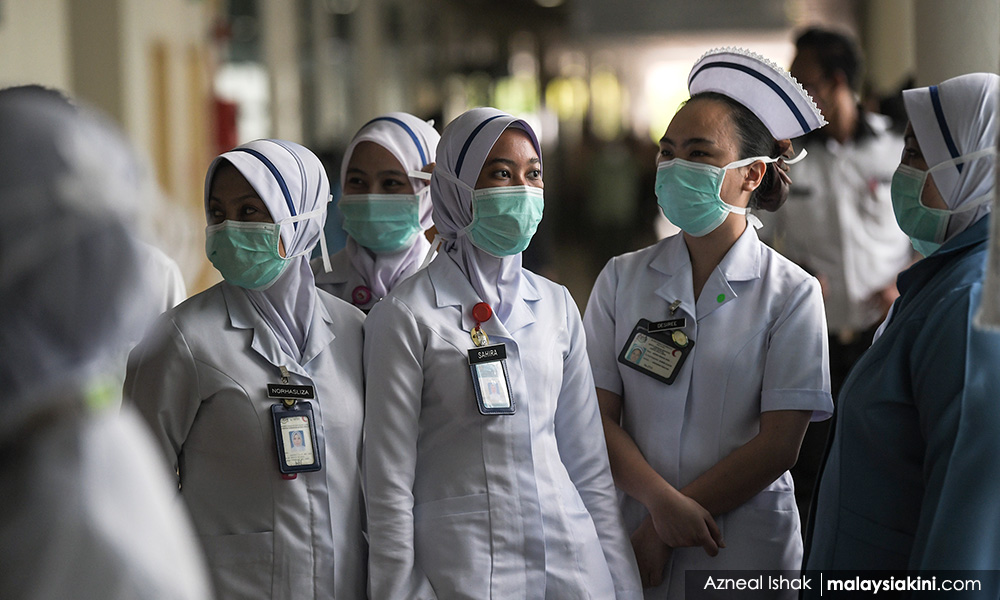
People reach out to those in need. Frontliners take risks so that others might live and feed themselves. Tens of thousands of volunteers give their time to raise funds, buy and package food and distribute the same to the poor.
Online prayer and religious services are held to give comfort to people at this time of great uncertainty, fear and suffering. The Samaritans, Befrienders and others maintain helplines to help and give comfort to those who are severely distressed. There are reports of an increased number of suicides.
There will always be those who profit from the crisis. The drug companies and those that manufacture and sell PPEs and masks and all sorts of cures and concoctions ramp up their production to meet the ever-increasing demand. Fake stuff has entered the markets.
And then there are the politicians. Those in power spend a disproportionate amount of time seeking offices of profit within the establishment and to consolidate their hold on the government. Those outside seek to get back to power. This is the time for politicians to be on the ground – observing, listening, and working hard to help the people.
With the lockdown and with Parliament being prorogued, we do not see any debates in Parliament. Or much political activity beyond the rhetoric and some articles written by opposition politicians. We should not grow accustomed to the absence of parliamentary debate. We are a democracy.
We will know that in the end, the economy is going to be the ultimate determinant of our well-being. Where are the research findings and analysis of our experts and economists residing in our hundred or more universities as to the state of the various sectors of our economy?
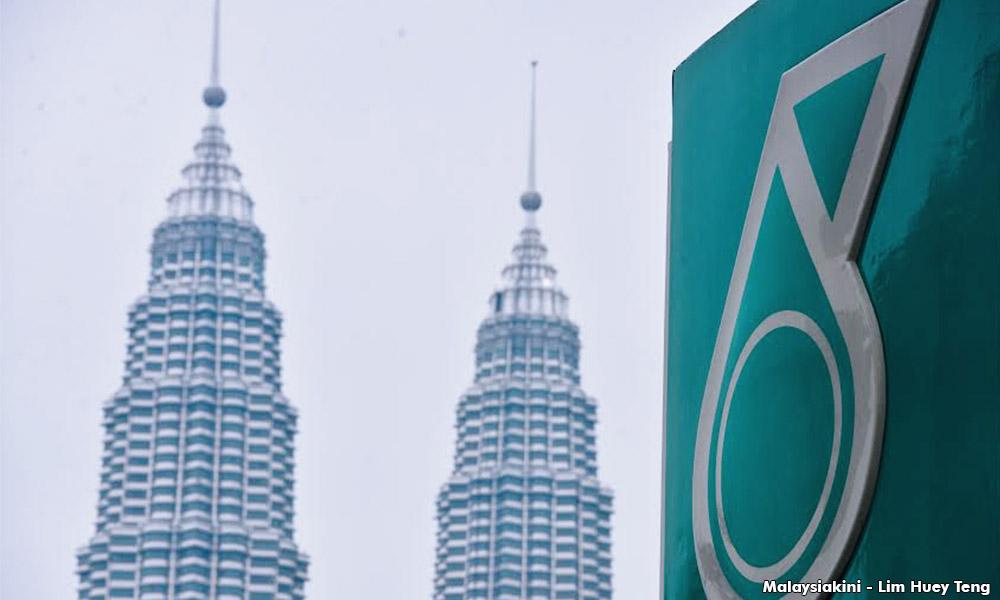
Will Petronas continue to be our funder of last resort, given the level of oil prices? How are the SMEs faring, given the state of the regional and global economy? Are we able to continue with the East Coast Rail Line (ECRL) project and the other big projects we are committed to? What is happening to our housing industry and to the huge inventory of unsold houses? What is happening to our farmers and fishermen? When will AirAsia and MAS fly full loads of passengers? When will the tourists return and fill our hotels?
There will be an increasing number of business failures. Many businesses will lay off workers. Unemployment will rise. What strategies are being formulated to deal with this? Do our people need the jobs currently being done by foreign workers? Will foreign workers be phased out? Can or will our employers pay the higher wages needed by Malaysian workers? This will mean reduced profits. Some businesses will cease to be viable. Clearly, there will be a need for new ways of doing business and new ideas for businesses. What are we doing to encourage that?
Schools and colleges and universities remain closed and teachers and parents struggle to educate students virtually. It is hard to quantify the loss of progress educationally. It is safe to assume that little learning has occurred during the lockdown as teachers struggle with online teaching platforms. What will this do to school leavers? And those who are meant to graduate at the end of the year? Will their terms be extended, and graduation deferred so that their studies can be properly completed?
How many of our students in private colleges and universities will be able to pay the fees to enable them to continue with their education? And how many of these private colleges and universities will continue to remain economically viable? Schools and universities must revamp their curricula so that the young are prepared for the jobs that are out there. There should be an emphasis on skills training.
The lockdown has given many of us the opportunity to catch up on our reading and to reflect on our lives - our past, present and future. Some of us may not have many years left, so we intensely feel the loss of time in the lockdown.
Some of us look for support and sustenance in religion. Others from great works of literature, from poetry, song and music.
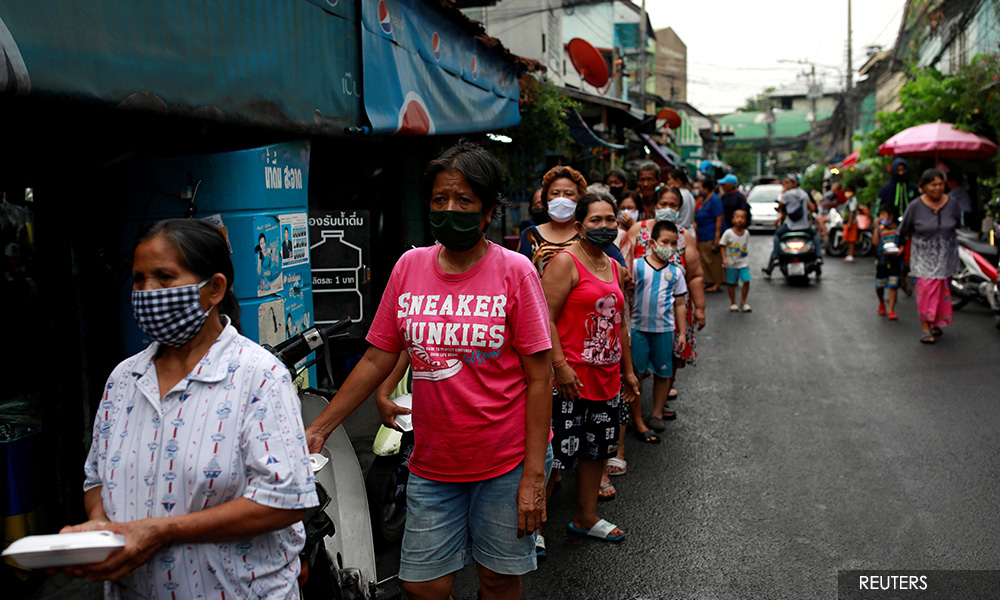
We have become conscious of time and relationships. Each day moves into the next day and nothing else changes. We call old friends and relatives we hardly speak to and we do not quite know why we do it. We think of people long gone to the netherworld and wish we could talk to them. We look for signs, portents and apparitions.
We all feel that things should be done differently. That there must be change. It cannot be business as usual. We can see how ill-prepared the advanced and wealthy nations were for the pandemic. We can see how greed, lust and uncontrolled appetites have thinned the boundaries between men and animals in the wild and now we experience the effect of viruses crossing the species barrier.
We are seeing the effects of climate change. We see extreme wealth differentials, not just within nations but also between nations. The biggest causes of illness and death in the world are poverty and disease.
We must recognise the urgent necessity for changes to be made in the way nations are managed and to the world economic order. Wealthy nations must look after poor nations so that the needs of the poor in all nations will be looked after. Will this pandemic cause people to commit themselves to such changes? Will there rise a legion of young leaders who will move away from self-interest and accept global poverty and climate change as the problems of all nations?
A quick survey of the globe gives us little cause for optimism. There is Angela Merkel, the Chancellor of Germany, there is Jacinda Arden, the Prime Minister of New Zealand and there is Katrin Jacobsdottir, the Prime Minister of Iceland. And perhaps the Prime Minister of Canada – Justin Trudeau. The Scandinavian countries appear to be doing things better than others.
Will the world and our nation be better in the years ahead because of the coronavirus pandemic – or will it be exactly as it was before? Will we actually practice the religious or ethical principles we so loudly preach?
DAVID DASS is a lawyer, a Malaysiakini subscriber and commentator.



No comments:
Post a Comment
Note: Only a member of this blog may post a comment.